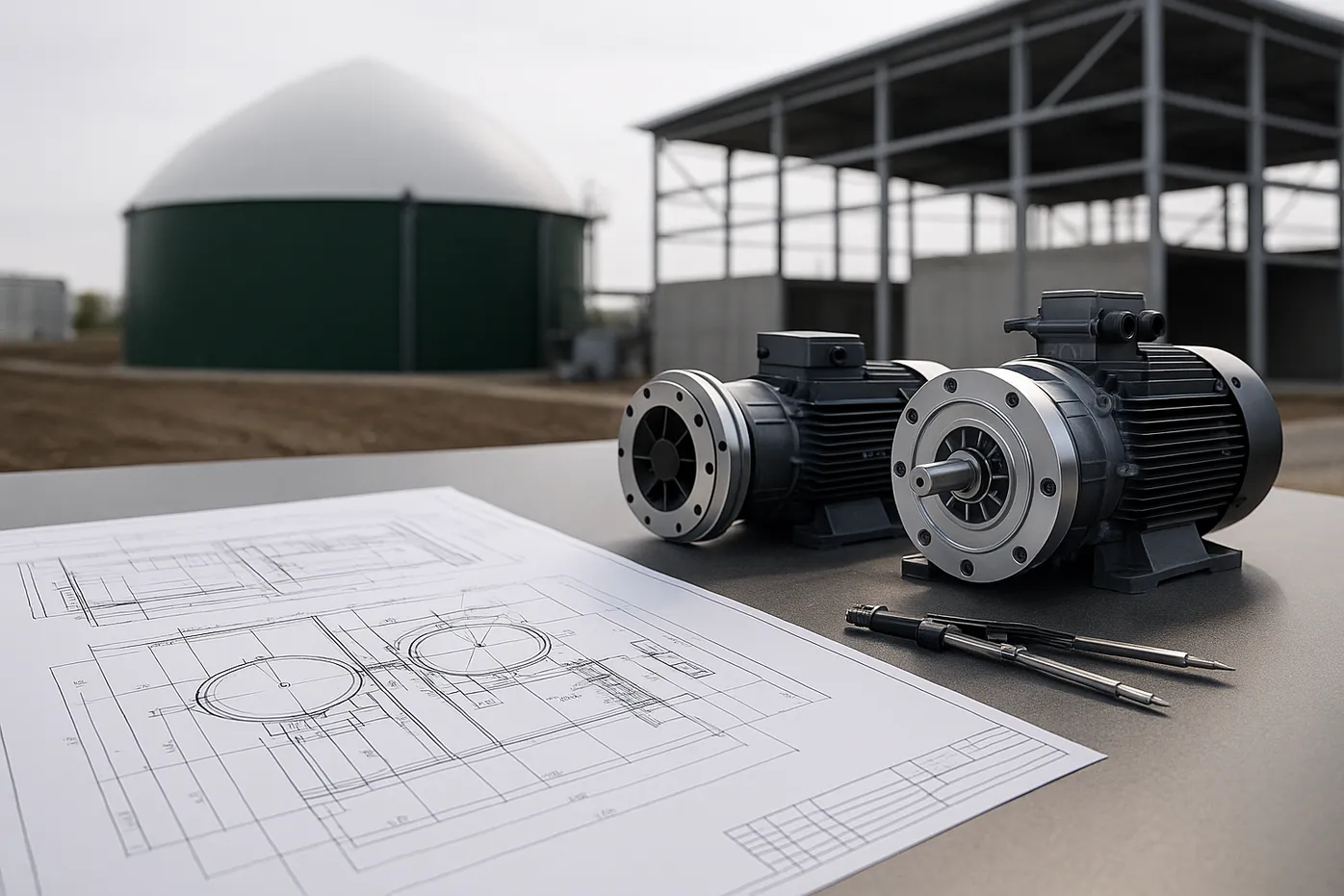Possible areas for investment cooperation in environmental restoration projects in Ukraine.
May 7, 2023, 4 p.m.

Energy
Objective: to reduce energy costs.
Energy assessment of energy efficiency programmes for communities, institutions and enterprises. Energy audits of buildings, structures and power generation facilities.
Development of models for modernising energy capacities using alternative sources (biogas, solar and wind energy, heat pumps).
Development of projects for modernising heat generation equipment in communities.
Development of projects for livestock and crop farming enterprises, educational, medical and social institutions.
Energy research of raw materials for biogas production.
Reconstruction and construction.
Objective: to determine the extent/volume of damage to buildings, structures and constructions, and to prepare decisions on the restoration of damaged facilities.
Conducting instrumental studies of damaged objects to prepare decisions on the dismantling/repair/reconstruction of damaged objects.
In view of the Russian Federation's military attacks on civilian objects in Ukraine, the following has been adopted:
Resolution of the Cabinet of Ministers of Ukraine of 27 September 2022. No. 1073 ‘On the approval of the Procedure for the management of waste generated in connection with the damage (destruction) of buildings and structures as a result of hostilities, terrorist acts, sabotage or the conduct of work to eliminate their consequences, and amendments to certain resolutions of the Cabinet of Ministers of Ukraine’ and Resolution of the Cabinet of Ministers of Ukraine dated 19 April 2022 No. 474 ‘On approval of the Procedure for dismantling objects damaged or destroyed as a result of emergencies, military actions or terrorist acts.’
Within 90 days of the termination of martial law, property owners are required to restore the objects to their proper condition and eliminate the consequences of destruction and damage. In order to make decisions, local authorities must adopt appropriate acts based on expert opinions.
The proposed direction of cooperation aims to process data on damage and prepare decisions on recovery methods.
Environmental monitoring and environmental programming of community development.
Objective: an effective monitoring system, development of models to neutralise the negative impact of pollution on the environment.
The introduction of local environmental monitoring of air, soil, water and biological resources will enable the accurate identification of pollution, the damage it causes and the development of algorithms for neutralising pollution of biological resources.
This will result in the development of environmental programmes for communities.
The relevance of this area lies in the fact that, at the request of the Ukraine-European Union agreement, a number of laws have been adopted, which communities are only now preparing to implement. These include:
the Law of Ukraine ‘On Water Drainage and Wastewater Treatment’ (effective 7 August 2023) and the Law of Ukraine ‘On Waste Management’ (effective 9 July 2023). These laws provide for the modernisation of water supply and waste management policies. In reality, communities lack the specialists and equipment to prepare decisions in these areas.
In addition, special acts adopted by the Cabinet of Ministers of Ukraine are in force regarding the calculation of losses from military operations. This area also requires the attention of environmental experts. Among such methods are:
Methodology for determining losses caused by water pollution and/or contamination, unauthorised use of water resources, approved by Order of the Ministry of Environmental Protection and Natural Resources of Ukraine No. 252 of 21 July 2022, registered with the Ministry of Justice of Ukraine on 09.08. 2022 No. 900/38236.
Methodology for calculating unorganised emissions of pollutants or mixtures of such substances into the atmosphere as a result of emergencies and/or during martial law and determining the extent of damage caused, approved by Order of the Ministry of Environmental Protection and Natural Resources of Ukraine dated 13 April 2022 No. 175, registered with the Ministry of Justice of Ukraine on 16 April 2022 under No. 433/37769. 2022 No. 175, registered with the Ministry of Justice of Ukraine on 16.04.2022 under No. 433/37769.
Methodology for determining the extent of damage caused to land and soil as a result of emergencies and/or armed aggression and hostilities during martial law, approved by Order of the Ministry of Environmental Protection and Natural Resources of Ukraine No. 167 dated 4 April 2022.
Efficiency of the agricultural sector.
Objective: to improve the efficiency of agriculture.
The military consequences have, to a certain extent, added to the problem of soil fertility decline in Ukraine. Currently, there is no proper monitoring of soil quality in the country and no relevant law regulating soil control has been adopted. Agricultural land is often destroyed due to improper application of fertilisers, non-compliance with cultivation, irrigation and crop rotation technologies. According to official data, there are 1 million hectares of degraded land in Ukraine.
Climate change is negatively affecting Ukraine's agricultural potential due to uneven rainfall, floods and droughts, wind and water erosion.
Possible direction: soil quality assessment, laboratory support for research, preparation of recommendations and programmes to improve fertility and restore degraded land.
Waste processing efficiency.
Objective: to implement a high-quality waste management policy.
Waste generation in Ukraine amounts to 300 kg per person per year, which is almost 50 million cubic metres. Only 5% of this is recycled. 1,500 landfills require certification and 27,000 are illegal. The main role in implementing waste policy in Ukraine is assigned to communities, which lack specialists in waste management.
The situation is complicated by the presence of military waste and hazardous waste.
Communities are required to develop local waste management plans and ensure the creation of the necessary infrastructure.
Possible areas of action include: inventorying existing infrastructure, monitoring air, soil and water pollution from waste, particularly at landfills, analysing the morphological composition of waste, and preparing decisions on waste reduction, recycling and disposal.
Existing experience in the implementation of biogas technologies may also facilitate the establishment of relevant production facilities in communities.
May 7, 2023, 4 p.m.